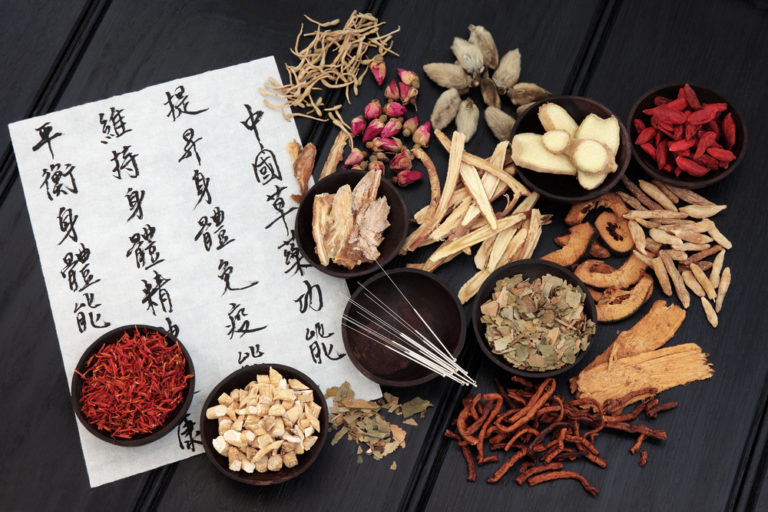The American Physiological Society (Bethesda, MD) announced that a group of University of Minnesota researchers have found that triptolide, an extract of the Chinese herb thunder god vine (Tirpterygium wilforii), suppresses GRP78, eventually leading to pancreatic cancer cell death.
The researcher’s article, published in the American Journal of Physiology—Gastrointestinal and Liver Physiology, explained that GRP78, a protein that protects cells from dying, is more abundant in cancer cells and tissue than in normal organs and is thought to play a role in helping pancreatic cancer cells survive and thrive.
“Our study shows that although increased expression of GRP78 confers a survival advantage to the tumor cells, prolonged exposure to triptolide induces chronic ER (endoplasmic reticulum) stress, which eventually leads to cell death,” the authors reported. “In this context, inhibition of GRP78 by activation of the ER stress pathway by triptolide offers a novel mechanism for inhibiting the growth and survival of pancreatic cancer cells.”
Triptolide had previously been shown to have a negative effect on pancreatic cancer cell viability and to block growth and spread of these cells, according to the society’s report. In this study led by Ashok Saluja, PhD, researchers observed the effects of triptolide on human pancreatic cancer cells and tissue. They found that the unfolded protein response worked properly in triptolide-treated cells to allow cell death in malfunctioning cells.
For more information, visit www.aps.org.








